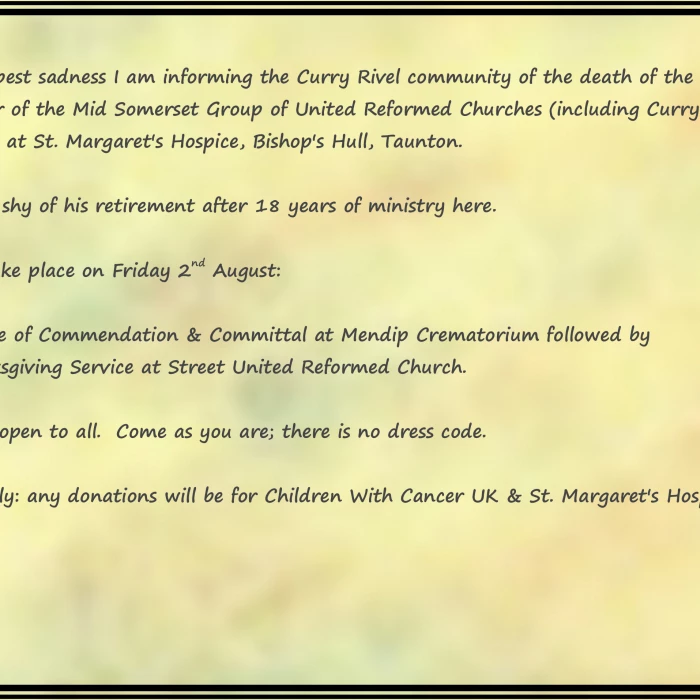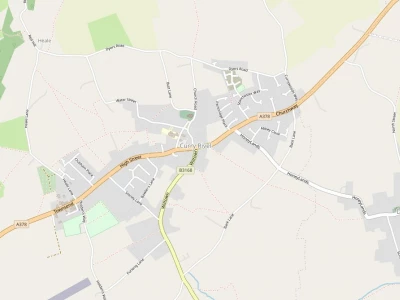Woodland Trust Challenges Councils
Retro-fit trees into housing estates to bring nature back, charity tells councils
The Woodland Trust challenged councils to bring back nature to the places we live as councillors and officers converged on the Local Government Association (LGA) Conference in Bournemouth recently.
The charity presented its new report – Trees and Woods at the Heart of Nature Recovery in England – to delegates which sets out a raft of solutions, including adding more trees into housing estates with less than 16% tree cover, 30% canopy cover for new developments, and access to greenspace within 10 minutes of everyone's doorsteps. To coincide with the launch, the Trust is urging people to back its campaign calling on councillors to take urgent action for nature.
The report, designed to help councils and communities write their Local Nature Recovery Strategies, follows the Government's announcement that it has made £14m available to the 48 local authorities tasked with leading on drafting the plans.
Ecologist Louise Wilkinson, Nature Recovery Lead at the Woodland Trust who co-authored the report, said:
"We recognise the enormous strain on local authority budgets and wrote this report to offer a helping hand on how to surmount the challenge of rapid declines in nature. This year the Government handed local authorities the task of involving communities in writing Local Nature Recovery Strategies. This is a golden chance for communities to map out what they want to see, where to bring nature back, and crucially, to embed this in local policy. It's a tough task so we have published the top steps that should be incorporated."
Since 1970, 35% of species have declined in abundance. This means today's children now have a 70% less chance of seeing a hedgehog than their parents did, while dormice populations have fallen 48% since today's primary school pupils were born. The proportion of urban green space is also declining
Responsibility to turn the tide rests with local authorities as well as national government. As part of the 2021 Environment Act, the Government is tasking designated local authorities to develop Local Nature Recovery Strategies bespoke to their areas – an action required by law. These plans are designed to be easy to grasp and are geared to reflect the views of local people on where they want to see areas of nature-rich space for public use.
Darren Moorcroft, chief executive of the Woodland Trust, explained why trees are vital:
"Trees and woods are critical in creating better, healthier places for people to live and all communities should have access to these benefits. As well as driving nature's return, tree numbers correlate to improving people's health and well-being – something that's being increasingly recognised by leaders across the globe. This is why our report calls for councils to ensure more trees on new and existing housing estates as well as improved access to woodland, so that trees and woods can benefit their residents and nature alike."
To help ensure these plans are placed high on agendas, the Woodland Trust is asking people to contact their local authorities via its campaign website. The e-action will demand that local authorities declare a nature crisis. It is estimated that while 80% of councils have declared a climate emergency, fewer than 15% that have declared a nature crisis.
Dr Moorcroft, continues:
" We have launched our campaign that takes two clicks to let your local authority know you want it to declare a nature emergency. We know many people feel unheard but we're asking them not to underestimate the power of lending their weight to campaigns that challenge elected politicians to listen. Our report is focussed on solutions, not panic. There are answers to the crisis we face. We just need action – and it can be done."
To contact your council and back the e-action, visit woodlandtrust.org.uk/campaigns. To read the report in full, visit woodlandtrust.org/publications
Get In Touch
CurryRivelOnline is powered by our active community.
Please send us your news and views.
Email: editor@curryrivel.org.uk






